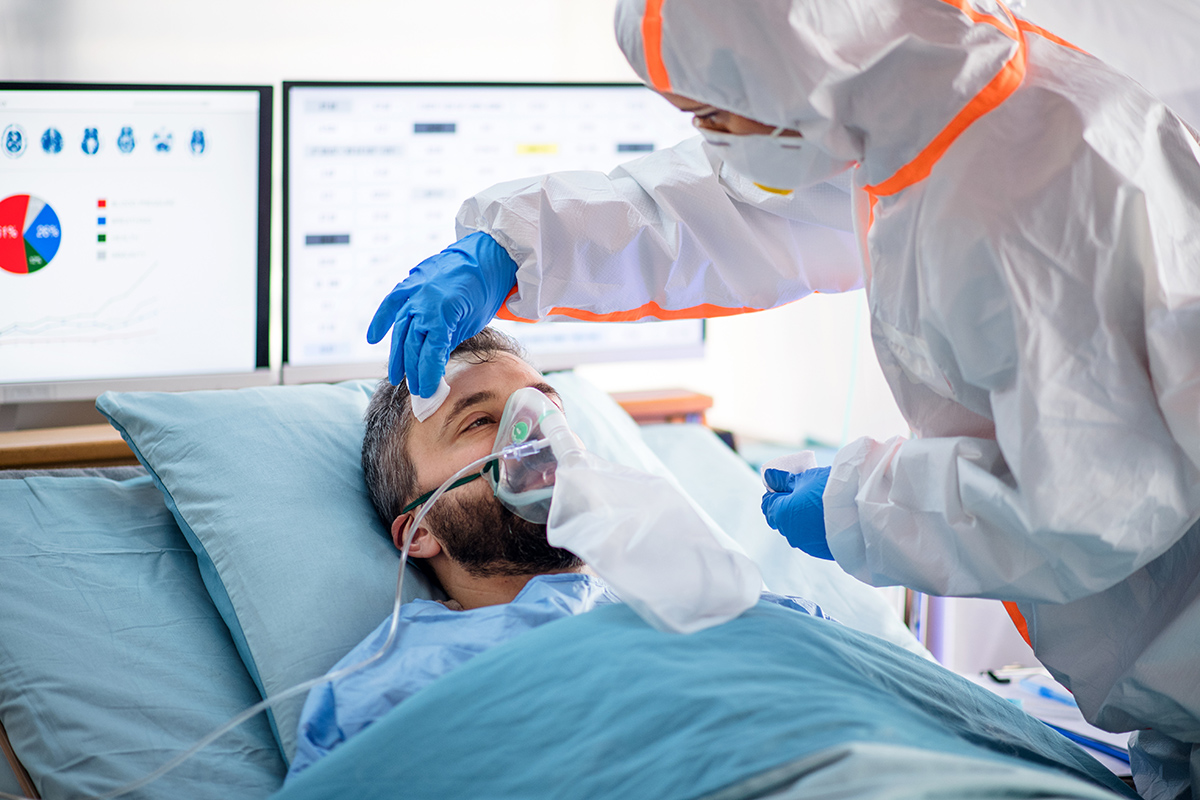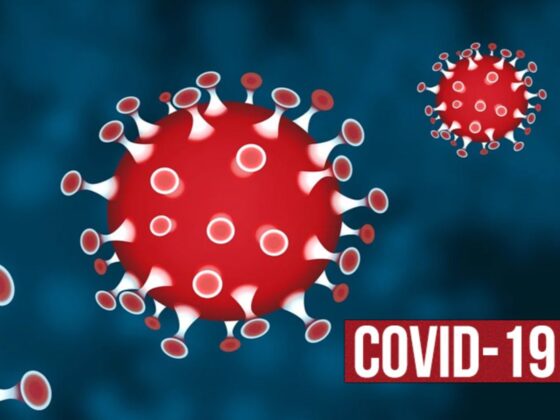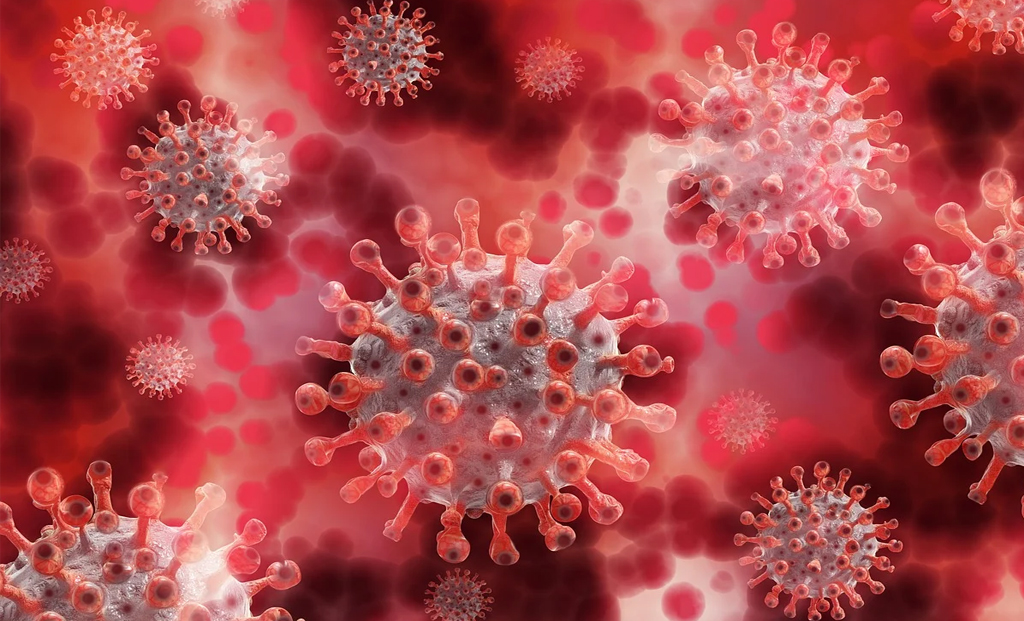Dr M S Kanwar, Lead Lung Transplant and Covid Team, Senior Consultant, Department of Pulmonology, Critical Care and Sleep Medicine, Indraprastha Apollo Hospitals
Over the past few months, there have been an increase in the number of people worldwide who are experiencing a prolonged state of ill health due to long covid-19 and post covid. The second wave of Covid-19 was much more infectious in comparison to the first wave. The variant of concern was different in the second wave with newer symptoms like high-grade fever, diarrhoea, severe lung infection followed by long COVID syndrome and post COVID complications like falling oxygen levels and lung fibrosis that manifested even after 8 weeks or more of testing positive.
Long-Covid is a term used to describe the prolonged effect on patients’ health even after recovering and testing negative. General long-Covid symptoms include extreme fatigue, shortness of breath, even difficulty in concentrating and remembering things, and many others.As post covid complications, many patients are being reported with problems like breathlessness, prolonged weakness, extreme fatigue, recurrent headaches and fever (post the suppression of initial fever during the time of infection), lung fibrosis, an increased pulse rate, various gastrointestinal issues and some uncommon complications like erectile dysfunction, hair loss and menstrual disturbances in women. Being immunocompromised, some patients are also suffering severe post covid complications like mucormycosis and secondary infections. Recovery for such patients is taking an extended time than expected.
The single most common post-Covid symptom after patients become RT-PCR negative is weakness. It is this weakness that leads to tiredness and fatigue and makes it difficult for people to re-focus and feel their normal selves even after five to six months of their testing negative. Hence, to manage and monitor health post getting infected with Covid, it is highly advisable to take preventive health checks, eat a nutritious diet, note blood pressure and sugar levels, engage in breathing exercises, not administer unnecessary medicines to avoid drug-drug interaction and keeping in constant touch with your doctor. Another post covid and long covid symptom which is coming into the limelight is an excessive amount of hair loss. The problem of hair loss is being increasingly reported in recovered Covid patients. It usually starts approximately after 30 days of the recovery, but in some patients, it has been observed during the time of Covid too. Various deficiencies caused by a change in dietary habits, fever during the infection, the stress of suffering from the virus, weight loss, concomitant anxiety, sudden hormonal changes and persistent post-Covid inflammatory reactions are some of the many reasons for this unexpected temporary hair loss.
In some women changes in the menstrual cycle have been noticed as a part of long-Covid. From a disturbing cycle, menstrual pain, missed or skipped periods to heavy periods, have been noted to be some of the commonly associated menstrual disturbances after Covid-19. Some women have observed increased blood clotting in the menstrual flow. While small menstrual clots are usually not of concern but excessive bleeding with big clots can lead to problems like anaemia. These emerging side effects need attention to avoid their adverse consequences.
Therefore, to combat this temporary hair loss, menstrual cycle changes and weakness, people should relax, engage in some stress relieving exercises, let recovery and recuperation take their own course of time, meditate, eat healthily, take natural nutritional supplements, avoid heat and chemicals for hairstyling and refrain from following a sedentary lifestyle. If these symptoms are still alarming post administering these changes, it is always advisable to seek for medical intervention.











